Biden to open taps on US oil reserves to rein in fuel prices
The United States has announced plans to release 50 million barrels from its strategic petroleum reserve to rein in the price of fuel gasoline stations back.
The White House announced on Tuesday US President Joe Biden planned to release 50 million barrels from the strategic petroleum reserve as part of ongoing efforts to lower prices and address the lack of supply around the world.
The Department of Energy will release 50 million barrels of which 32 million will eventually be returned to the reserve in upcoming years.
The Biden administration said the announcement was made in concert with China, India, Japan, South Korea, and the United Kingdom, which will also tap into their countries' strategic oil reserves.
Biden reportedly decided to tap into the reserve after his repeated calls on the Organization of the Petroleum Exporting Countries and its allies, known as OPEC+, to pump more oil were all to no avail.
In the meantime, experts believe Biden's move may not have a long-term impact on bringing oil prices down after hitting a seven-year high above $86 a barrel in late October.
Biden, who faces midterm elections next year while polls are indicating that he is becoming less and less popular among American voters each day due to his failure to deliver on the promises he made for health and prosperity during the election campaign, urged officials to heap pressure on oil companies to cool oil prices.
Biden's 'desperate attempts' will fail
Biden asked the head of the Federal Trade Commission (FTC) to immediately launch an investigation to determine whether US oil companies were illegally increasing the prices of fuel at the pumps in gasoline stations across the country.
"The Federal Trade Commission has authority to consider whether illegal conduct is costing families at the pump. I believe you should do so immediately," Biden wrote in a letter to FTC Chairwoman Lina Khan on Nov. 17.
"Prices at the pump have continued to rise, even as refined fuel costs go down and industry profits go up," Biden noted. "In the last month, the price of unfinished gasoline is down more than 5 percent while gas prices at the pump are up 3 percent in that same period. This unexplained large gap between the price of unfinished gasoline and the average price at the pump is well above the pre-pandemic average."
Biden pointed out that US oil and gas companies were gaining considerably higher profits due to the rise in the cost of energy, noting that two of the largest oil and gas companies in the US were on track to nearly double their net income over 2019.
“They have announced plans to engage in billions of dollars of stock buybacks and dividends this year or next,” Biden pointed out.
The US president concluded his letter by putting the blame squarely on oil companies for the rise in gasoline prices at the pumps. “The bottom line is this: gasoline prices at the pump remain high, even though oil and gas companies’ costs are declining.”
Meanwhile, Sen. John Barrasso (R-Wyo.), the ranking member of the Senate Energy and Natural Resources Committee, said all attempts by Biden, who was desperate to rein fuel prices in, was useless and he was the one person to blame for the government's need to tap into the nation's Strategic Petroleum Reserve.
"Begging OPEC and Russia to increase production and now using the Strategic Petroleum Reserve are desperate attempts to address a Biden-caused disaster," he said blaming the president's policies for a rise in prices despite a decrease in production costs.
Meanwhile, an official at the largest US trade association for the oil and natural gas industry said oil and gas firms were all acting legally.
Senior vice president of policy, economics, and regulatory affairs at the American Petroleum Institute, Frank Macchiarola's said safe more US fuel needed to be produced to rein prices back.
“Rather than launching investigations on markets that are regulated and closely monitored on a daily basis or pleading with OPEC to increase supply, we should be encouraging the safe and responsible development of American-made oil and natural gas,” he said.
The US Strategic Petroleum Reserve is stored in a network of salt caverns in Louisiana and Texas and currently total 604 million barrels of crude.

Trump deportation policy
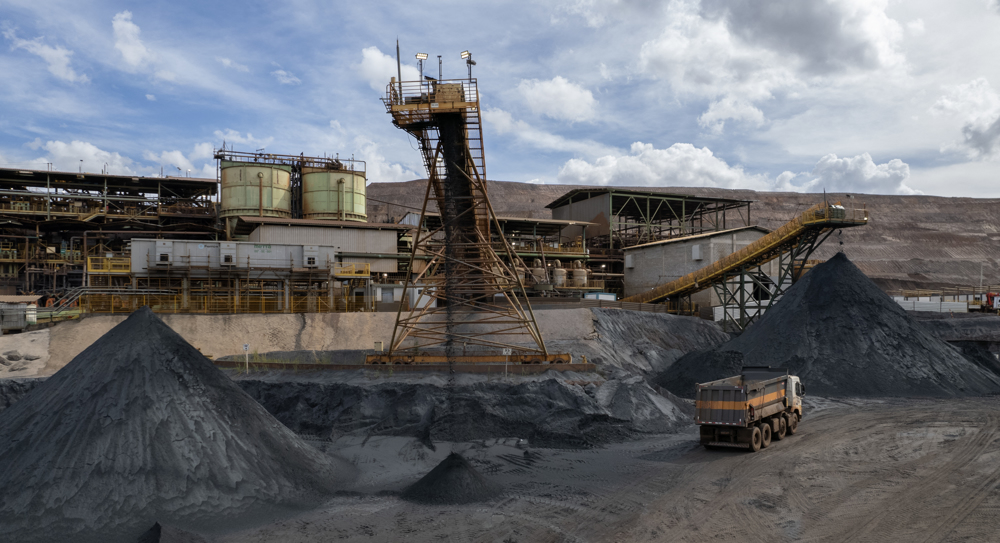
President Lula: Brazil to reciprocate US steel tariffs
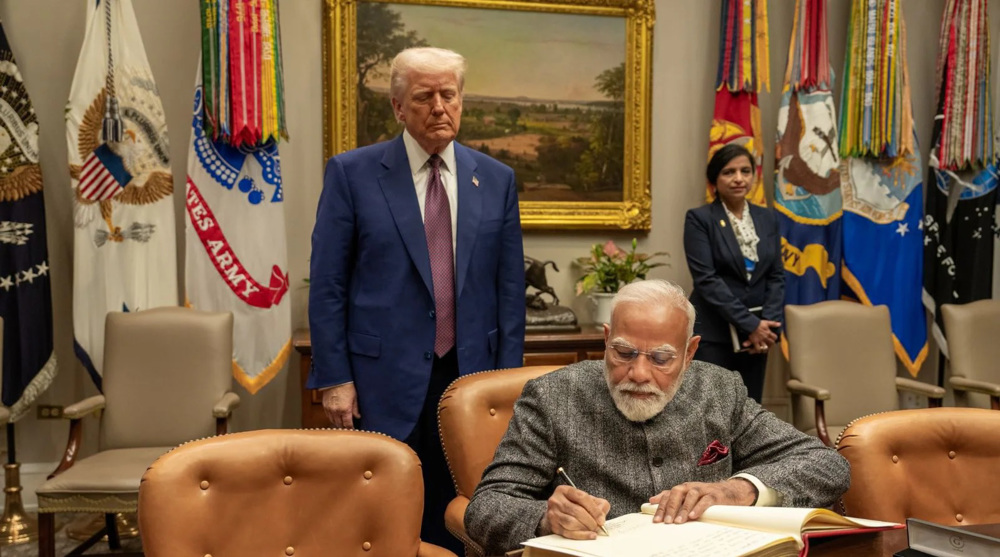
Trump says US to dramatically increase military sales to India, including F-35 jets
Israel’s massacres won’t grant it ‘legitimacy’: Hamas on 31st anniversary of Ibrahimi Mosque tragedy
French leader decries ‘unprecedented diplomatic scandal’ after Israel bars European MPs
VIDEO | Washington’s failed projects
VIDEO | Islamabad exhibition exposes Israeli atrocities in Gaza
Trump rescinds arms sales regulation in favor of Israel, sources say
Iran’s president vows to accelerate cooperation with Russia
Palestinian says Israeli jailers poured acid on him during interrogation
Iran, Turkmenistan seek increased cargo transit via railways


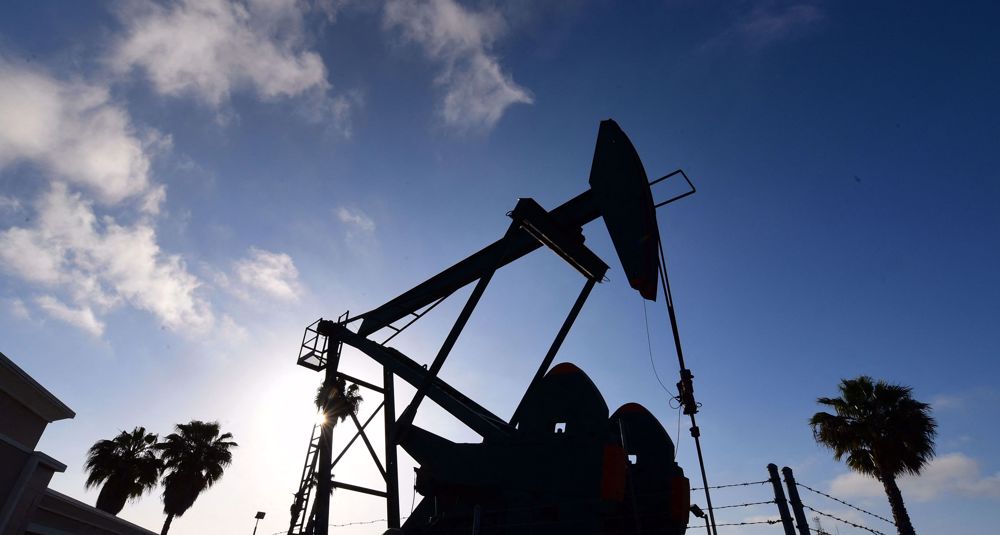
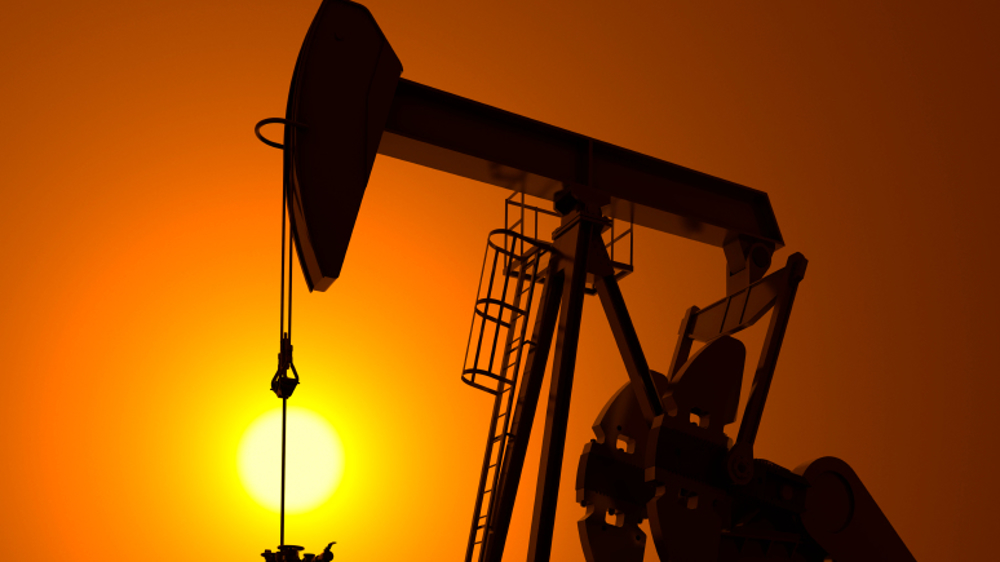
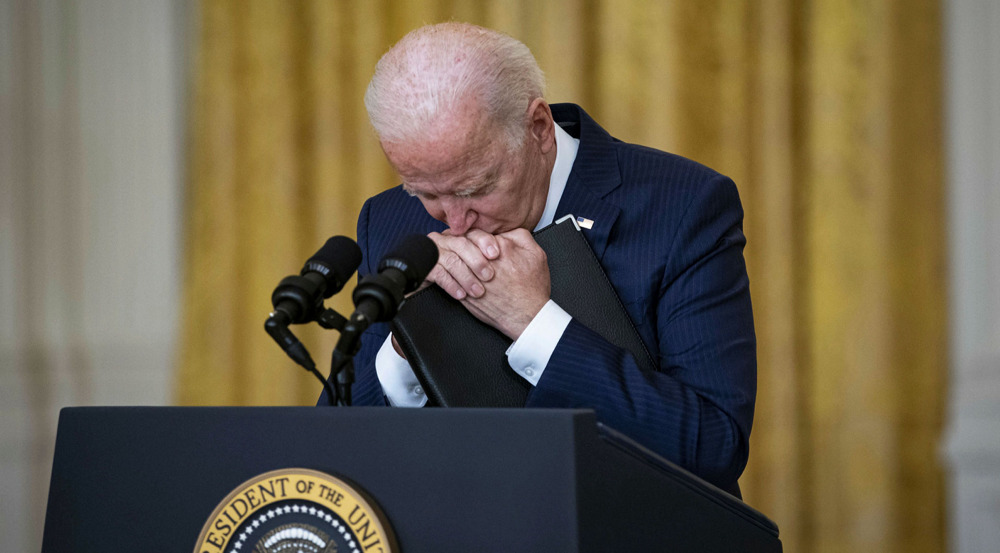



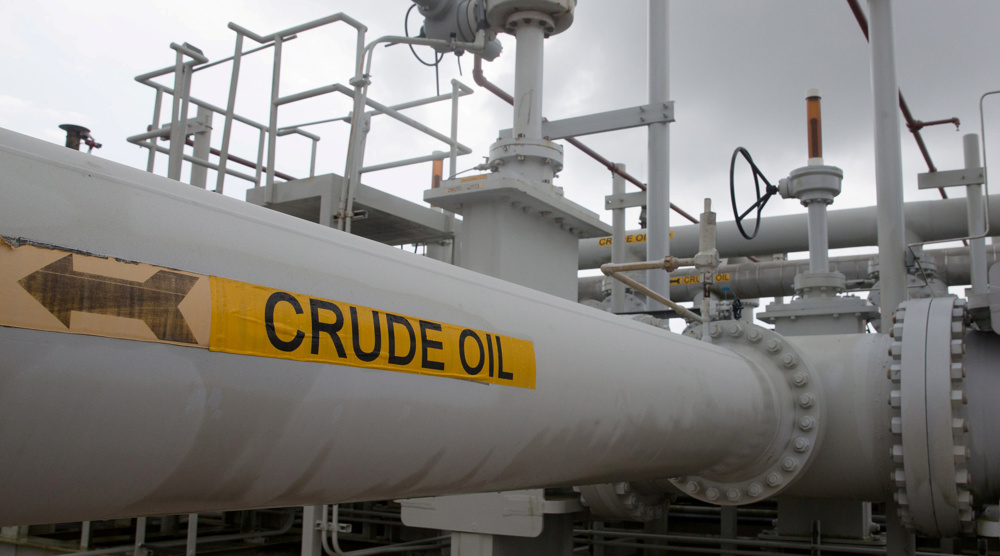

 This makes it easy to access the Press TV website
This makes it easy to access the Press TV website